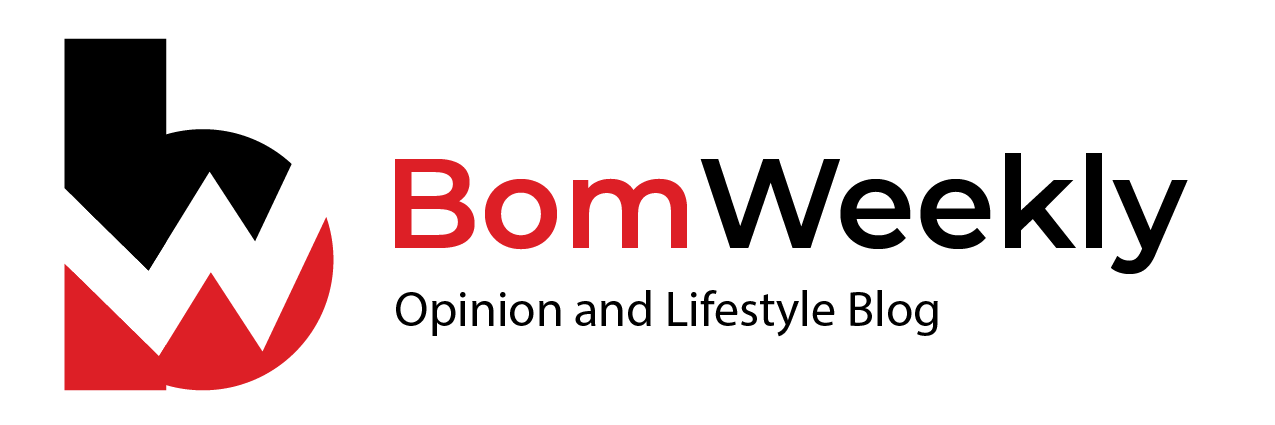4 million more Nigerians pushed into poverty in first 6 months of 2023, 7.1m more to join if subsidy removal isn't managed well - World Bank
According to the World Bank, in the first half of 2023, four million Nigerians have fallen into poverty, and an additional 7.1 million people are projected to join them if the removal of fuel subsidies is not properly managed. The World Bank made this revelation during the launch of the Nigeria Development Update (NDU) in Abuja. The report highlights the potential long-term adverse consequences if households are unable to cope with higher petrol prices, such as the inability to send children to school or seek necessary healthcare.
The report emphasizes the need for Nigeria to make urgent choices in order to capitalize on major reforms and realize its full potential. The country's economic growth weakened in the first part of 2023, with a decline in real gross domestic product (GDP) growth from 3.3% in 2022 to 2.4% year-on-year in Q1 2023. While global economic challenges have put pressure on Nigeria's economy, domestic policies play a crucial role in determining its performance and resilience to external shocks.
The report acknowledges the Nigerian government's recognition of the need for reform and its initial steps, such as the elimination of petrol subsidies and reforms in the foreign exchange (FX) market. The removal of petrol subsidies is expected to result in fiscal savings of approximately N2 trillion in 2023, with projected savings of over N11 trillion by the end of 2025. However, compensatory measures are essential to protect vulnerable households from the initial price impacts, as higher petrol prices could push them into poverty and lead to long-term negative consequences.
The report also emphasizes the importance of harmonizing the FX market to improve efficiency, attract private investment, and reduce inflationary pressures. It recommends the complete removal of FX restrictions, clear communication regarding the new FX regime, and the implementation of supportive monetary and fiscal policies to successfully carry out this important reform.
Persistently high inflation and low fiscal revenues continue to hinder economic growth, making it crucial to change course and address weak macroeconomic conditions. The removal of petrol subsidies and FX reforms present an opportunity for transformative impact and sustained growth if effectively seized. The World Bank report underscores the significance of sustaining and building on these reforms to improve the lives of millions of Nigerians and establish a solid foundation for long-term economic growth.









Post a Comment